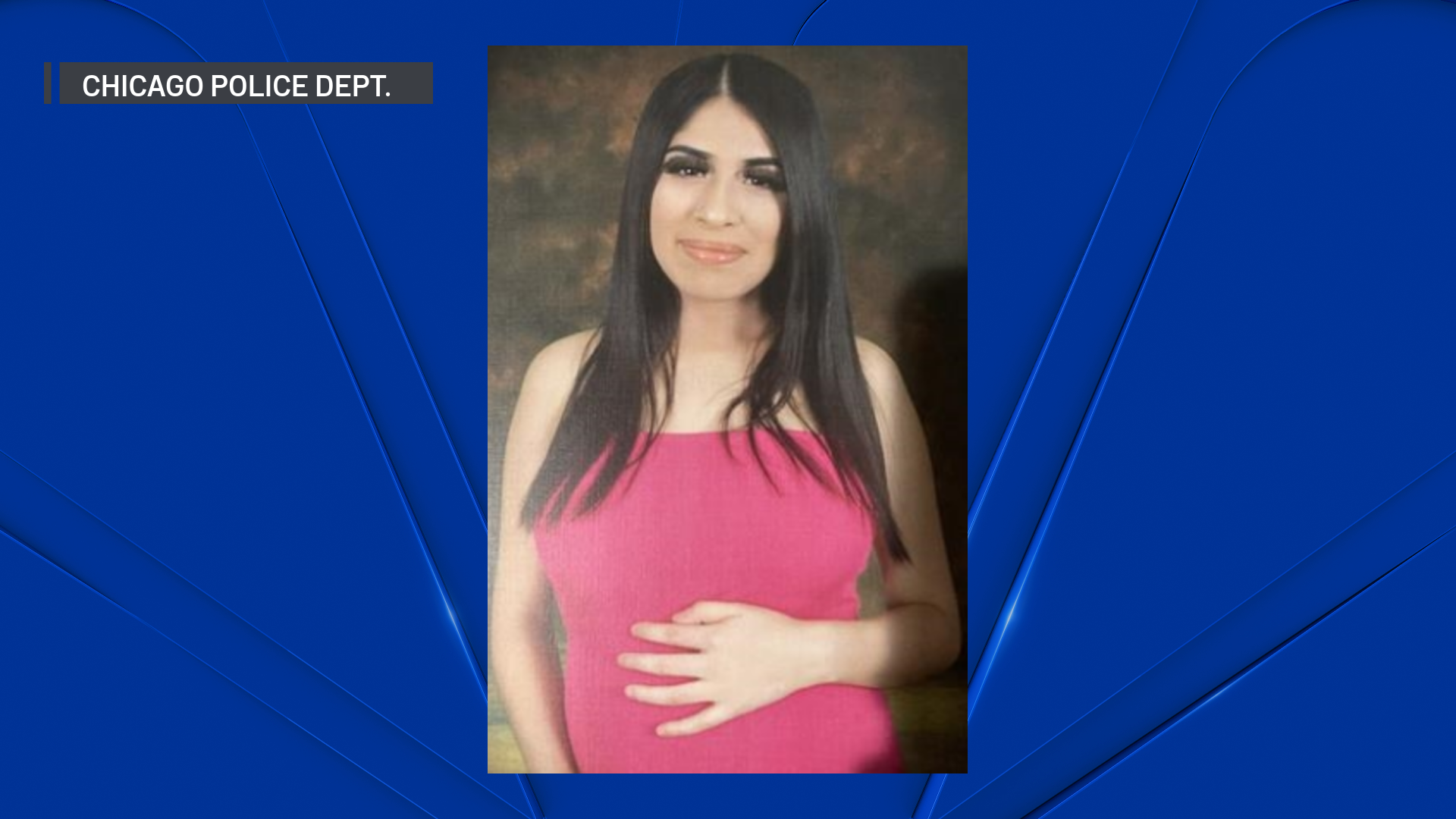Checks are arriving to Facebook users across Illinois stemming from a class-action lawsuit the company settled alleging it violated the rights of Illinois residents by collecting and storing digital scans of their faces without permission.
Distribution of $397 payments began May 9, with many Illinoisans already receiving their share as of this week. Others, however, are still waiting for their checks to arrive in the mail.
Facebook users in Illinois "for whom Facebook created and stored a face template after June 7, 2011” are eligible for a payout, but in order to qualify, must have lived in Illinois for at least six months and submitted a claim by the November 23, 2020 deadline.
Anyone who filed a claim beyond the date, even if they meet the other criteria, isn't considered a Class Action Member and therefore won't receive a payment.
Feeling out of the loop? We'll catch you up on the Chicago news you need to know. Sign up for the weekly Chicago Catch-Up newsletter here.
While more than a million Illinois are poised to receive payments, many more users are impacted by the lawsuit, and the law which Facebook is accused of violating - in a rather different way.
Some augmented reality effects, including filters and avatars, are no longer accessible on Facebook and Instagram across the state after Meta, the social networks' parent company, decided to remove such features, citing privacy laws.
Meta contends its AR filters aren't considered facial recognition under state law, but nonetheless disabled the features in Illinois and also in Texas, where that state's governor filed a lawsuit against Facebook earlier this year over facial recognition software.
Local
"...Nevertheless, we are taking this step to prevent meritless and distracting litigation under laws in these two states based on a mischaracterization of how our features work," Meta said in a statement, in part, last week. "We remain committed to delivering AR experiences that people love, and that a diverse roster of creators use to grow their businesses, without needless friction or confusion.”
Under the Illinois lawsuit, Facebook was accused of violating the state's Biometric Information Privacy Act, by collecting and storing biometric data -- physical characteristics -- of users without their consent through features including facial recognition technology.
Facebook changed its technology in 2019, replacing the tool with a broader facial recognition setting, which was turned off by default. The website announced it would shut down its recognition software entirely in 2021.
Facebook denies it violated any law.



